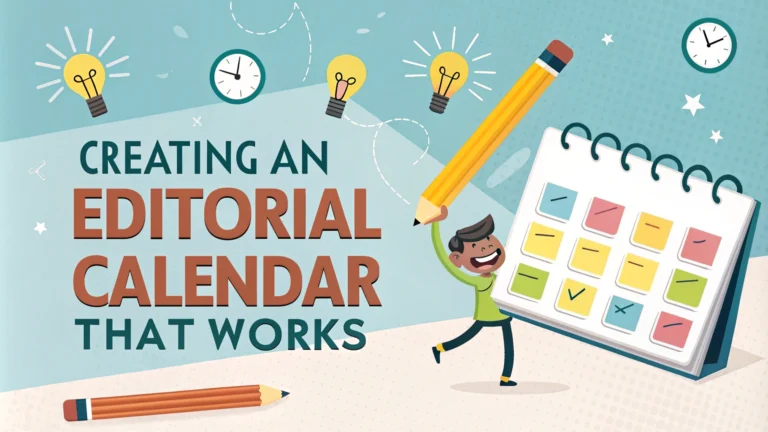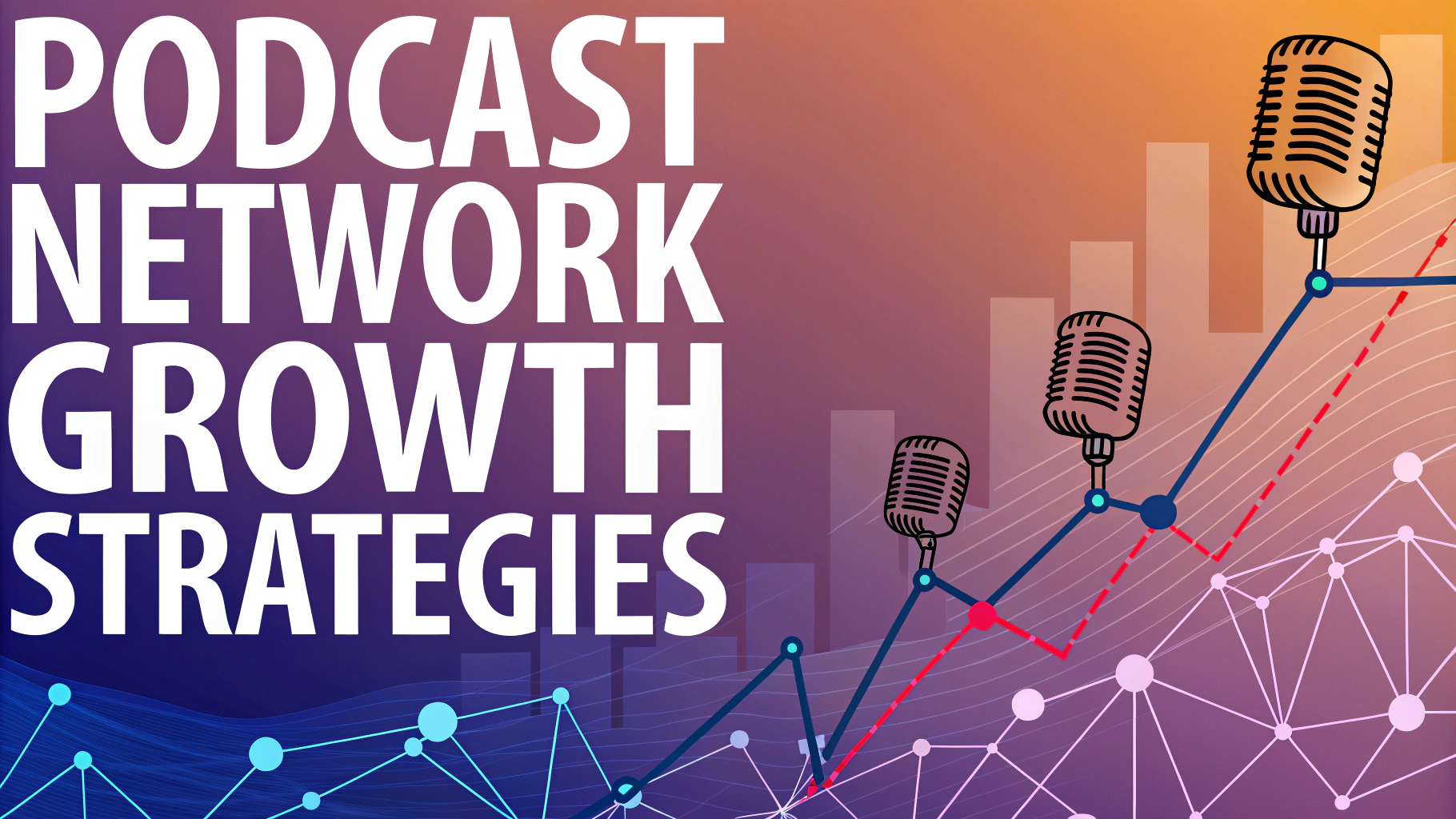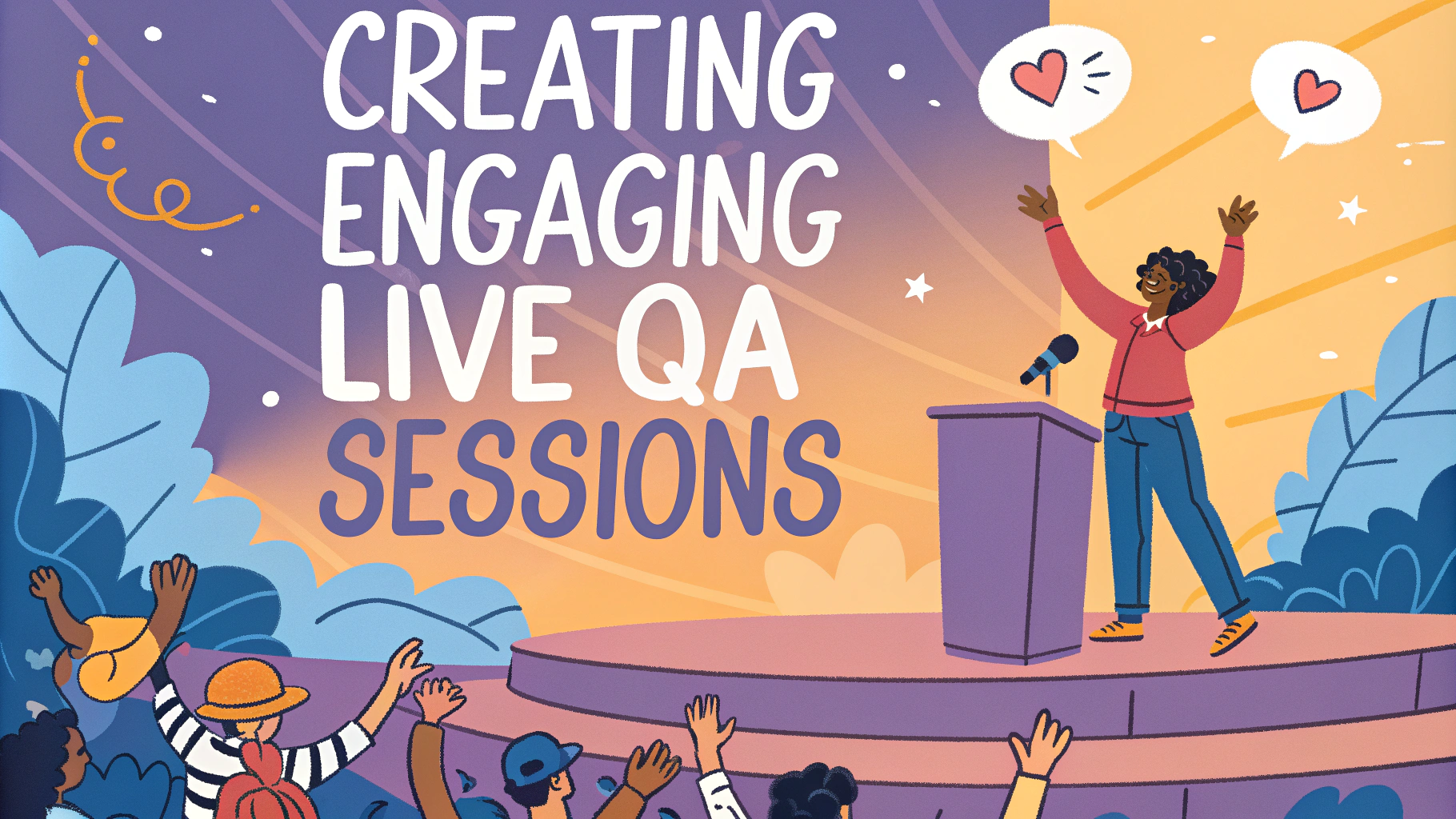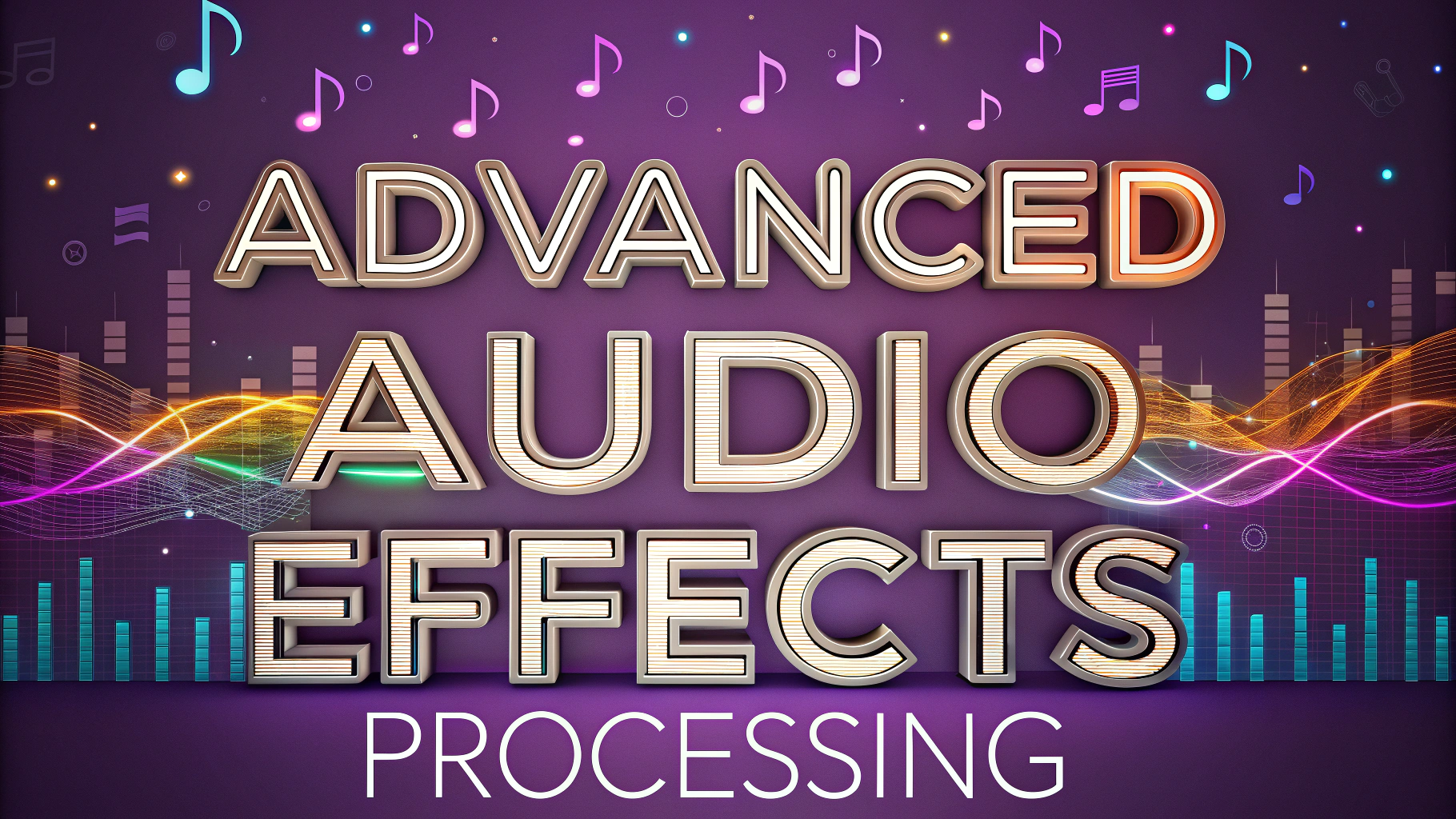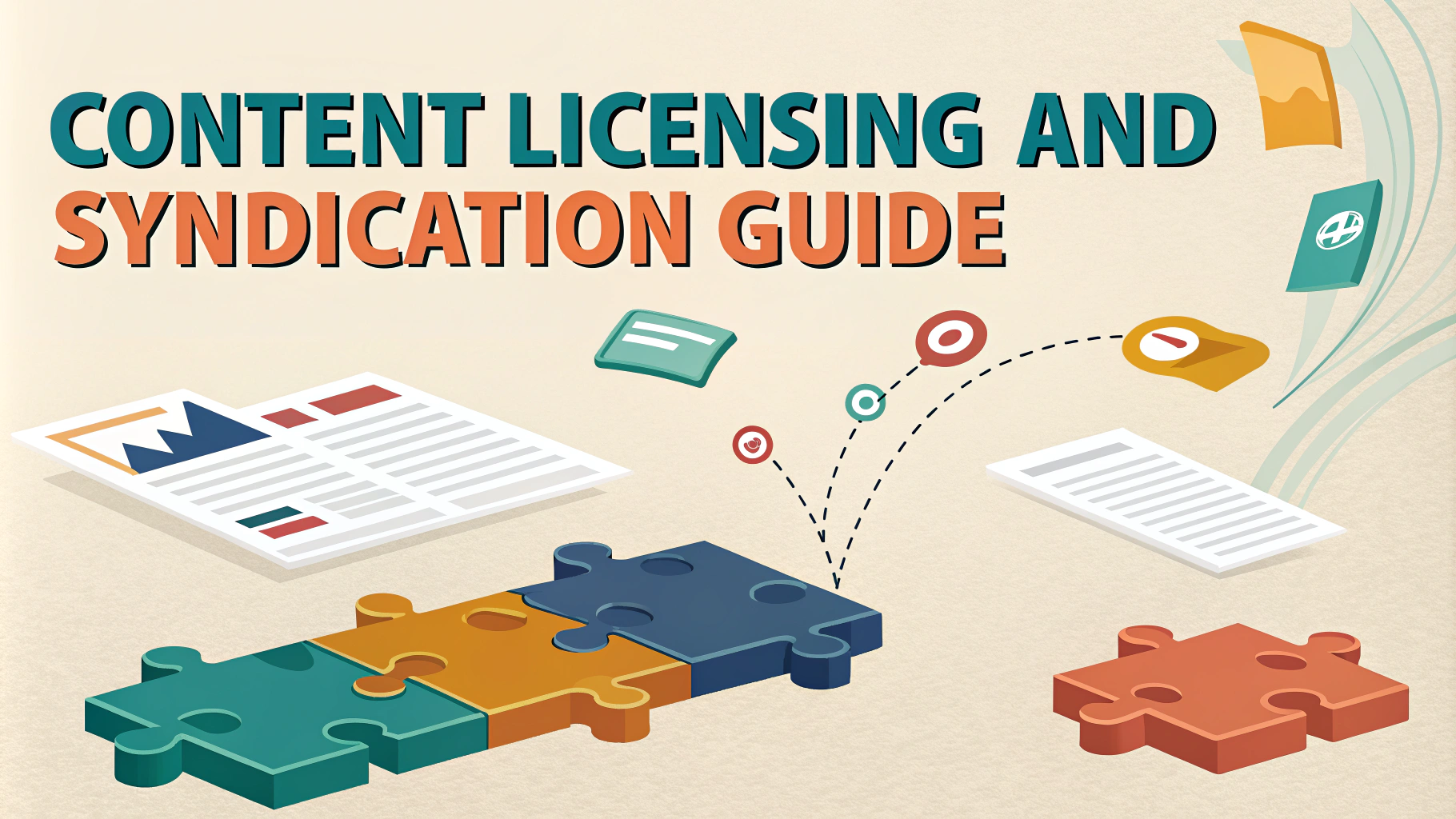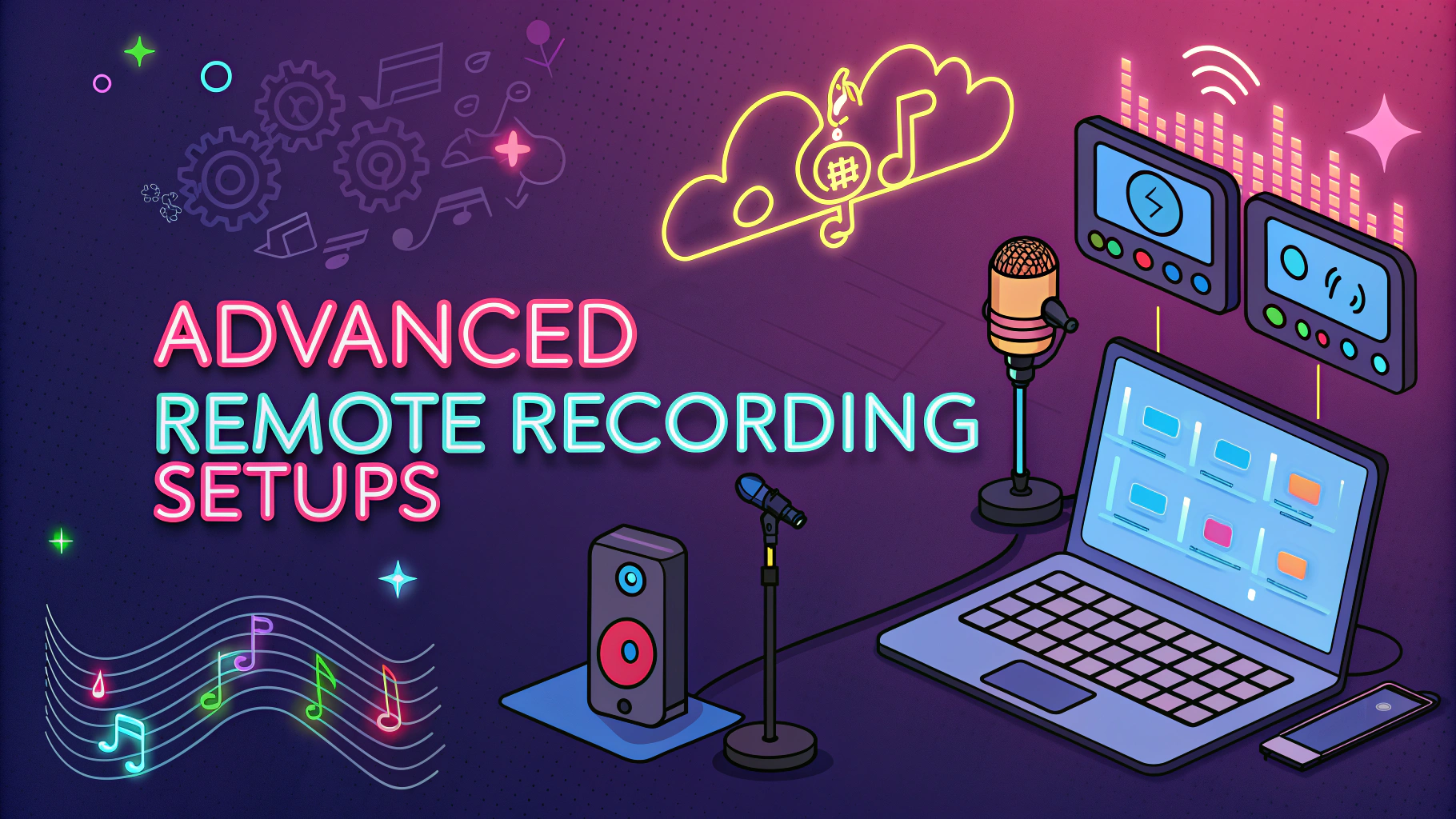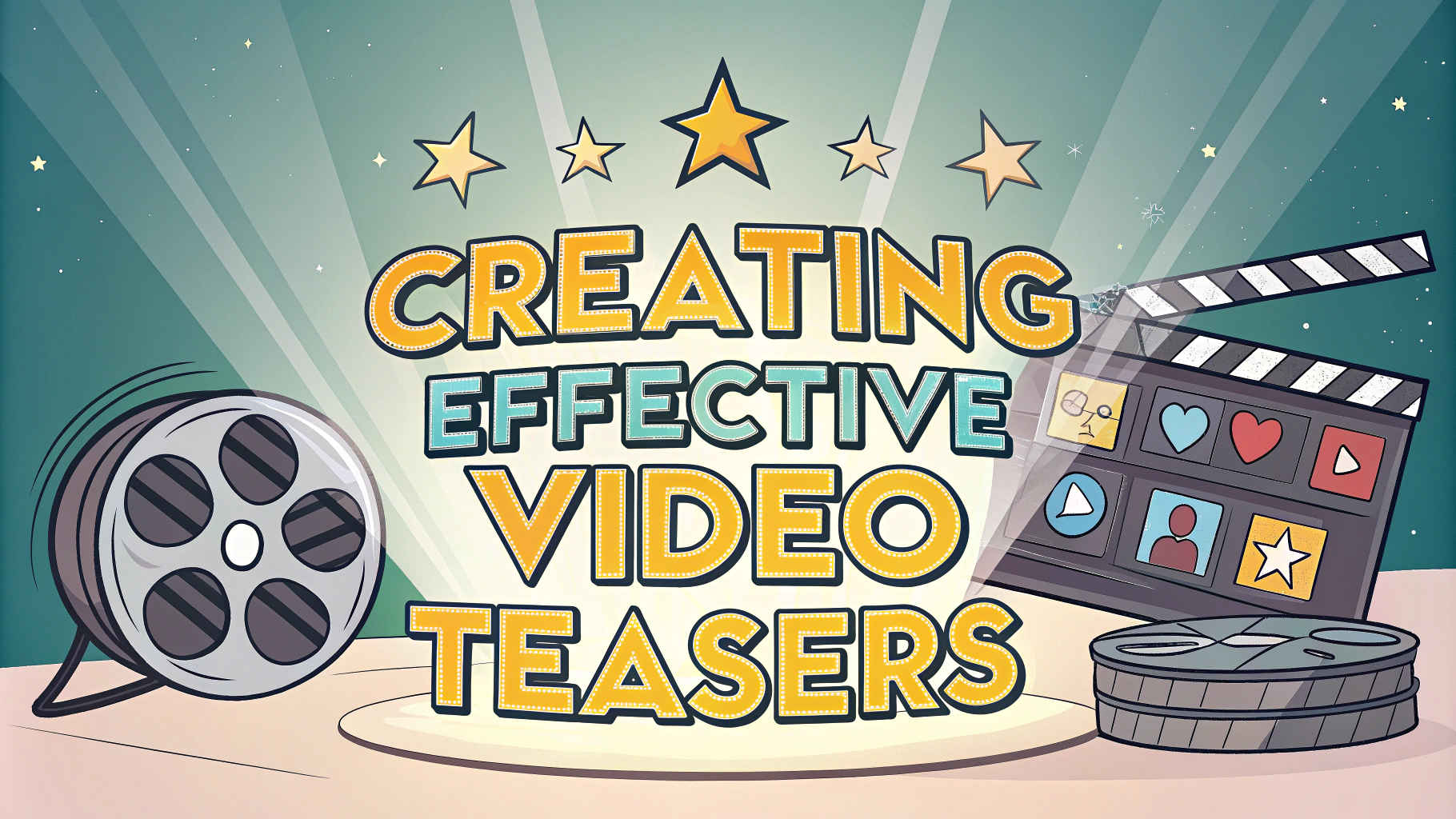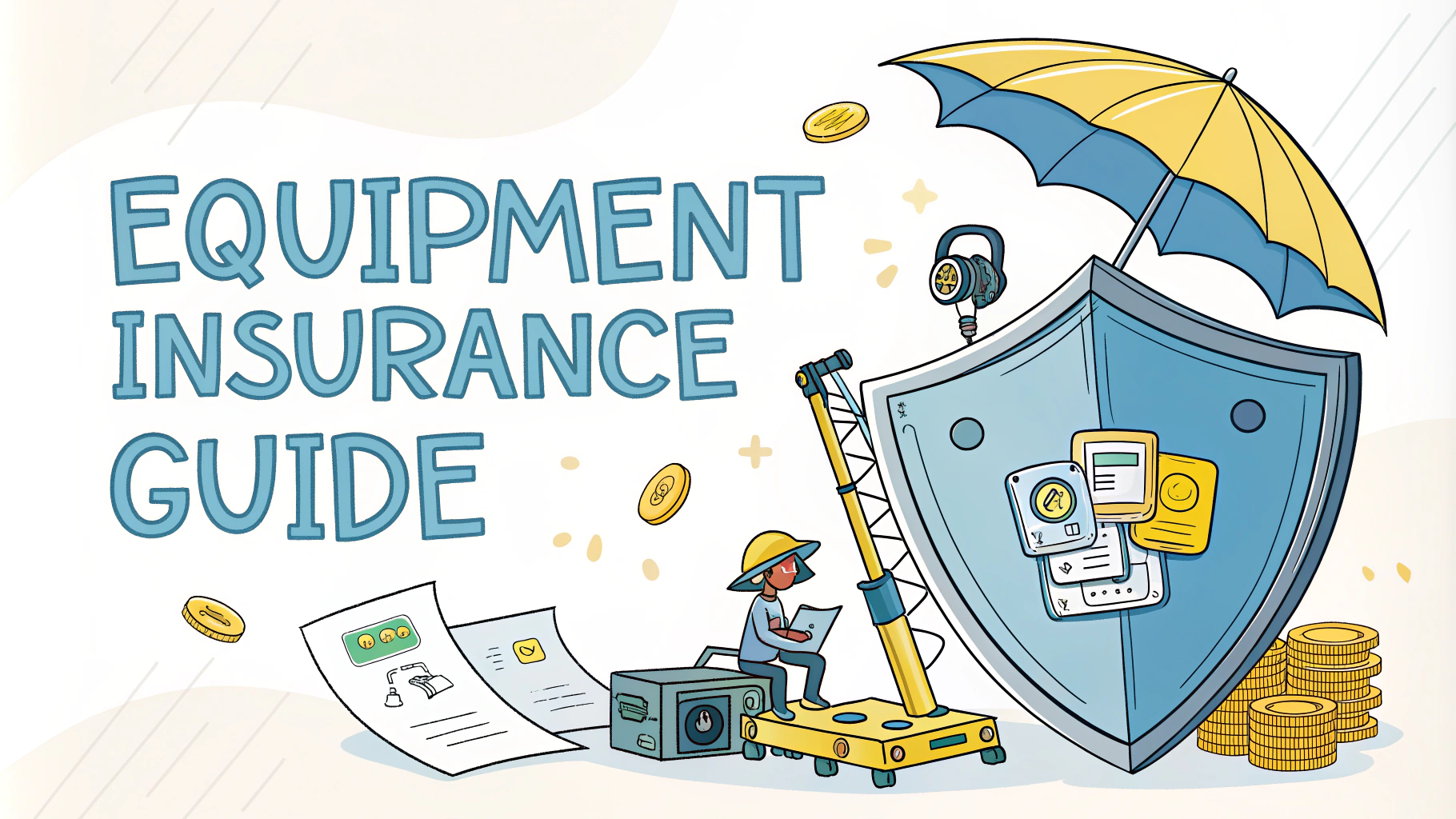A well-planned editorial calendar helps podcasters maintain consistency, grow their audience, and reduce stress around content creation.
Many podcasters struggle with maintaining regular publishing schedules and coming up with fresh content ideas, which can lead to podfade – the gradual decline and eventual abandonment of their shows.
This guide breaks down the essential elements of creating an effective podcast editorial calendar that keeps you organized and your listeners engaged.
Setting Up Your Basic Calendar Structure
Choose a calendar tool that works for your workflow – popular options include Google Calendar, Trello, or dedicated podcast planning software like PodcastPlanner.
- Map out episodes 8-12 weeks in advance
- Include episode titles, descriptions, and target publish dates
- Mark important dates and seasonal topics
- Schedule production milestones (recording, editing, promotion)
Planning Your Content Mix
Create content buckets to ensure variety in your episodes:
| Content Type | Frequency |
|---|---|
| Solo Episodes | 40% |
| Guest Interviews | 30% |
| Case Studies | 15% |
| Q&A/Listener Questions | 15% |
Episode Planning Template
Include these key details for each episode:
- Episode title and number
- Release date
- Guest information (if applicable)
- Key talking points
- Call-to-action
- Show notes outline
- Required resources/research
Batch Processing for Efficiency
Group similar tasks together to maximize productivity:
- Record multiple episodes in one session
- Write several episode descriptions at once
- Batch create social media promotions
- Schedule guest outreach in blocks
Managing Guest Episodes
Create a guest management system:
- Keep a spreadsheet of potential guests
- Track outreach and follow-ups
- Schedule interviews 4-6 weeks ahead
- Maintain a backup list of solo episode ideas
Content Repurposing Strategy
Plan how each episode can be repurposed:
- Blog posts from transcripts
- Social media snippets
- YouTube video clips
- Newsletter content
- Downloadable resources
Making Your Calendar Work Long-Term
Set up regular maintenance tasks:
- Review and update calendar weekly
- Track episode performance metrics
- Adjust content mix based on audience feedback
- Schedule quarterly content planning sessions
- Build in flexibility for timely topics
Tools and Resources
Recommended tools for podcast planning:
- Google Calendar – Free calendar management
- Trello – Visual project management
- Asana – Team collaboration
- Airtable – Content database management
Taking Action
Start with a simple 30-day plan using these templates and tools, then expand as you develop your workflow.
Track what works and adjust your calendar system based on real results rather than assumptions.
Remember that your editorial calendar should be flexible enough to accommodate changes while maintaining enough structure to keep you consistent.
Measuring Success
Track these key metrics to assess your editorial calendar’s effectiveness:
- Episode download consistency
- Listener engagement rates
- Social media sharing
- Website traffic from podcast links
- Email list growth
Adapting to Growth
Scaling Your Production
As your podcast grows, consider these adjustments:
- Hire support staff for editing and production
- Implement advanced scheduling software
- Create content teams for different segments
- Develop multiple content streams
Content Evolution
- Analyze trending topics in your niche
- Incorporate listener suggestions
- Expand into new content formats
- Create special series and seasonal content
Crisis Management Planning
Build contingencies into your calendar:
- Keep 2-3 emergency episodes ready
- Create backup recording arrangements
- Maintain alternative guest contacts
- Document technical troubleshooting procedures
Sustaining Podcast Success
Your editorial calendar is a living document that should evolve with your show. Regular reviews and updates ensure it remains an effective tool for sustainable podcast growth.
Remember these key principles:
- Stay flexible but maintain structure
- Listen to audience feedback
- Keep improving your systems
- Plan for long-term sustainability
- Celebrate milestones and progress
FAQs
- What is an editorial calendar for podcasting, and why do I need one?
An editorial calendar is a schedule that outlines your podcast content strategy, including episode topics, release dates, guest appearances, and promotional activities. It helps maintain consistency, organize content, and ensure a steady flow of episodes. - How far in advance should I plan my podcast editorial calendar?
Plan your editorial calendar at least 3-6 months ahead to allow time for guest scheduling, content research, recording, editing, and promotion. This timeline also provides flexibility for unexpected changes or opportunities. - What essential elements should I include in my podcast editorial calendar?
Include episode titles, descriptions, publish dates, guest information, recording dates, promotional content deadlines, show notes, calls-to-action, and relevant seasonal or timely topics. - Which tools are best for creating and managing a podcast editorial calendar?
Popular tools include Google Calendar, Trello, Asana, Airtable, and CoSchedule. Choose based on your needs for collaboration, automation, and integration with other podcast management tools. - How do I balance evergreen content with timely topics in my editorial calendar?
Aim for an 80/20 split: 80% evergreen content that remains relevant long-term, and 20% timely content that addresses current trends, news, or seasonal topics. - How can I incorporate listener feedback into my editorial calendar?
Review listener comments, emails, and social media interactions regularly. Reserve flexible slots in your calendar to address listener questions and requested topics while maintaining your overall content strategy. - What’s the best way to schedule guest appearances in my editorial calendar?
Book guests 4-6 weeks in advance, maintain a backup list of guests, and include buffer time in your calendar for rescheduling. Note guest availability, time zones, and any pre-interview requirements. - How do I account for batch recording in my editorial calendar?
Block specific days for batch recording multiple episodes, schedule editing time accordingly, and ensure topics flow naturally when released. Include preparation time for each batch session in your calendar. - What should I do if I fall behind on my editorial calendar?
Build in buffer episodes, maintain a bank of emergency content, and adjust future dates rather than rushing to catch up. Communicate changes to your team and audience if necessary. - How do I align my editorial calendar with my marketing efforts?
Coordinate release dates with social media posts, email newsletters, and cross-promotional opportunities. Include promotional deadlines and content creation tasks in your calendar.
